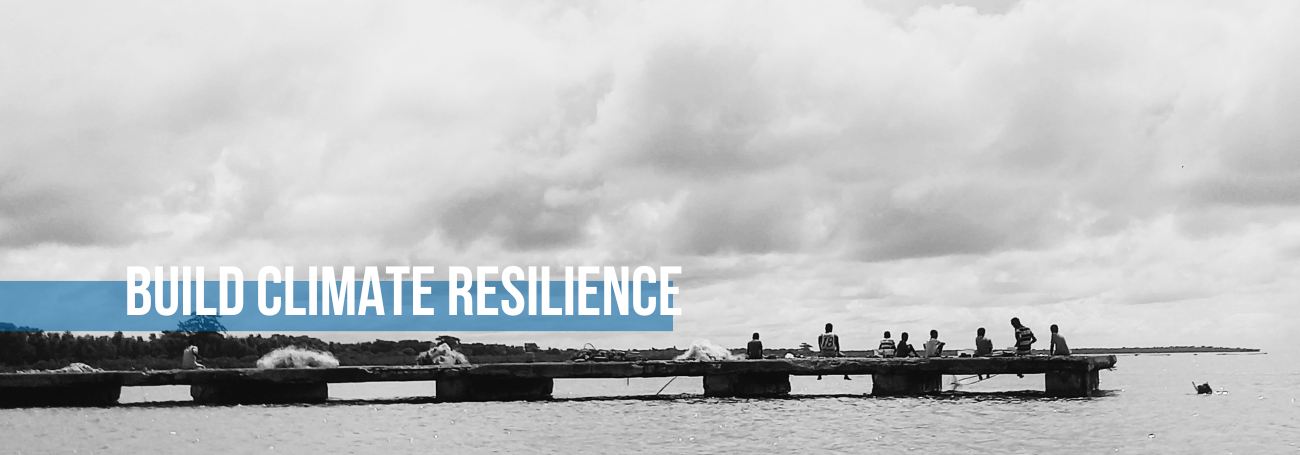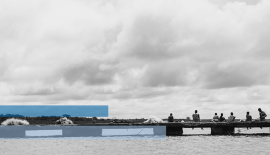Interpreting Heritage and Engaging Communities for Climate Change
Date:TBC
Location:
Online Training Program
Application Deadline: TBC
APPLY NOW


Date:TBC
Location:
Online Training Program
Application Deadline: TBC
APPLY NOW
Vacancies for the workshops are limited, so please apply early.
Instructors:
Valya Stergioti,
is an interpretive trainer and planner. She has more than 20 years of experience on organizing and implementing interpretive workshops about heritage for adults and children. She works in collaboration with different NGOs and other institutions all over Greece and has more than 10 years of experience in adult training. As Interpret Europe Training Coordinator, along with the members of the Training Team, she is responsible for the creation and implementation of a quality, interpretive training program that will meet the needs of heritage professionals from all over Europe. Valya is inspired by the influence that heritage interpretation can have on individuals and is always looking for new ways to enrich and improve her training activities.
Aris Anagnostopoulos,
holds a PhD in Social Anthropology from the University of Kent and an MA in Urban History from the University of Leicester. His post-doctoral work is in the interdisciplinary field of archaeological ethnography. His research interests focus on the politics and poetics of the material aspects of the past in the present; he has also published extensively on the creation of public space in early 20th century Crete. He has conducted ethnographic fieldwork with several archaeological projects, including the Kalaureia Project in Poros, Greece, and Koutroulou Magoula at Neo Monastiri, Fthiotida, Greece. He has been the director and principal instructor of the Archaeological Ethnography Summer School in Gonies, Crete since 2014. He holds a Honorary Lectureship at the University of Kent, and teaches at the Heritage Management MA (Kent & AUEB) in Elefsina as well as the Anthropological Research Laboratory at Panteio University, Athens. He currently works as Manager for HERITΛGE Puclic sector.
Lena Stefanou,
is an archaeologist (BA, Dept. of History and Archaeology, Aristotle University of Thessaloniki, GR), and specializes in museum and heritage studies (MA, PhD University of Southampton, UK). Since October 2013 she works as Adjunct Lecturer at the postgraduate course Management of Cultural Organizations (MSc) of the Hellenic Open University. Since 2008 she has taught modules related to the theory and practice of museum studies, museum education, management of cultural heritage and archaeological site management at a BA and MA level at several Universities (University of the Aegean, University of Ioannina, University of Western Greece, University of Western Macedonia, Athens University of Economics and Business, University of Kent). She collaborates with diverse cultural and educational institutions on museum planning, educational design and community archaeology and heritage programs (Museum of Aegean Shipbuilding and Maritime Arts, The Heritage Management Organization -HERITΛGE, Live the Mo(nu)ment research collective). She has participated in many Greek and international conferences, she publishes in Greek and English language and has co-authored the edited volume From archaeology to archaeologies: the ‘other’ past (BAR International Series, 2012). Her publications and her broader research interests evolve around the ideological uses of the past in the present, as these are shaped through the fields of museology and cultural heritage, archaeological ethnography, community engagement, memory practices and education, i.e. the predominant fields that shape the intimate relationship of various social groups with the past.
© Lena Stefanou